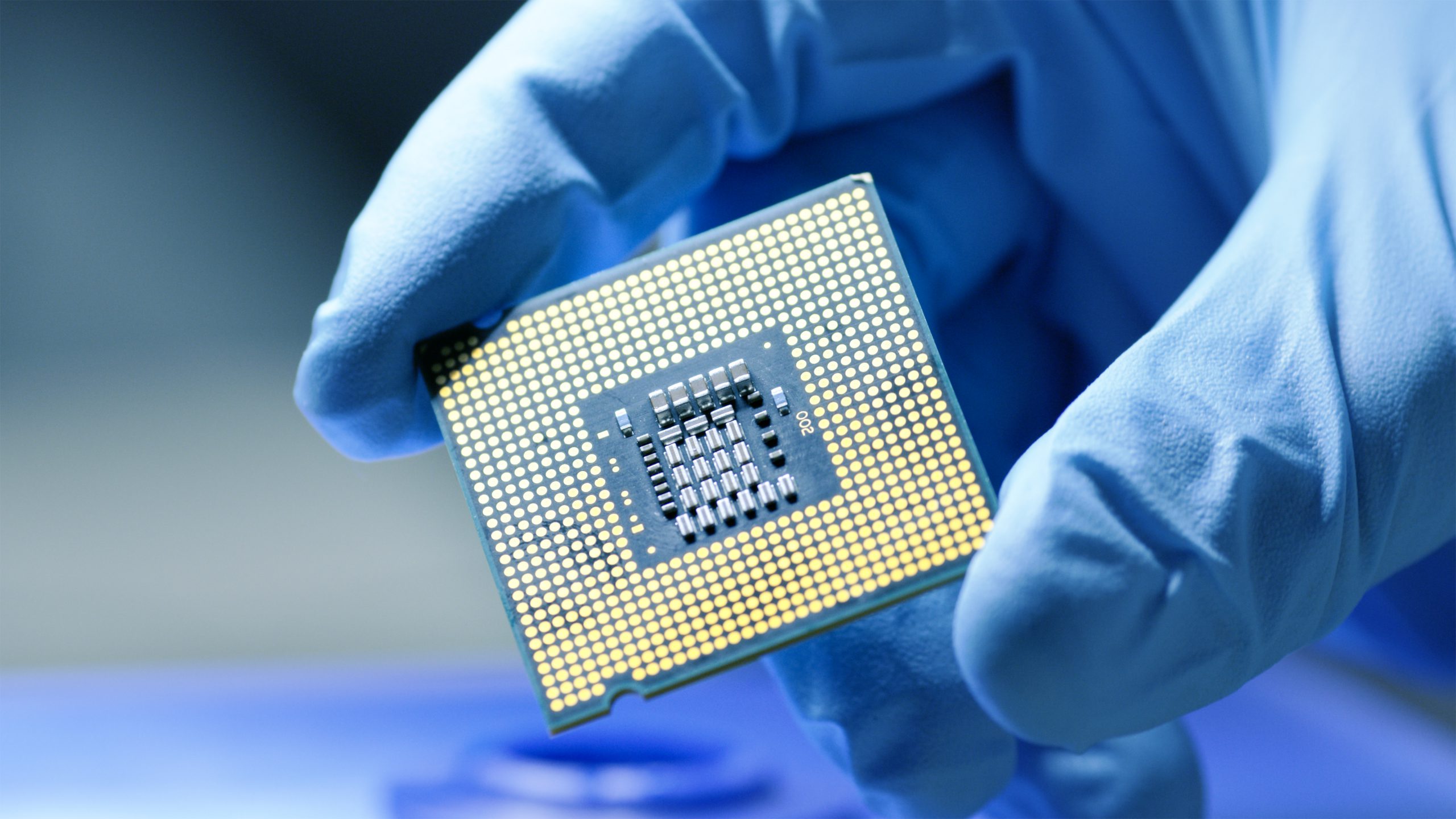
The semiconductor industry is expanding with increased applications across various sectors. However, every stock in this space is not well-positioned to capitalize on the favorable industry trends. For reasons discussed throughout this article, I think it could be worth watching NVIDIA Corporation (NVDA) for an attractive entry point, but Advanced Micro Devices, Inc. (AMD) could be best avoided now.
Before diving deeper into the fundamentals of these stocks, let’s discuss what’s happening in the chip industry.
Government incentives and the wide use of chips in electronics, automotive, and emerging tech like AI and the Internet of Things (IoT) are major factors propelling the global semiconductor market's growth.
According to Gartner, AI chip revenue in the semiconductor industry is expected to reach $53.4 billion this year, reflecting a 20.9% growth from the previous year. This increase is propelled by the rising demand for high-performance GPUs and optimized semiconductor devices crucial for generative AI platforms.
In July 2022, President Biden signed the CHIPS and Science Act into law, earmarking $53 billion to bolster U.S. semiconductor manufacturing, research, and workforce development. The legislation also includes a 25% tax credit for capital investments in semiconductor manufacturing.
Notably, a Precedence Research report forecasts that the global semiconductor market will reach $1.88 trillion by 2032, growing at a CAGR of 12.3%.
Considering these trends, let’s take a look at the fundamentals of the two Semiconductor & Wireless Chip stocks for making smart investment decisions.
Stock to Hold:
NVIDIA Corporation (NVDA)
NVDA provides graphics, computing, and networking solutions in the United States, Taiwan, China, and internationally. It operates in two segments: Graphics Segment and Compute & Networking Segment. The company's products are used in gaming, professional visualization, data centers, and automotive markets.
On November 26, 2023, NVDA introduced NVIDIA MONAI cloud APIs, which are cloud-based tools for medical imaging AI. These APIs, derived from the MONAI open-source project, streamline the integration of AI into medical imaging platforms, providing benefits for radiologists, researchers, and clinical trial teams.
On November 21, 2023, NVDA announced a collaboration with Genentech to enhance drug discovery through generative AI. The partnership utilizes NVIDIA BioNeMo on the DGX Cloud to optimize Genentech's proprietary algorithms, streamline drug development, and improve success rates.
In terms of the trailing-12-month EBITDA margin, NVDA’s 49.39% is 444.8% higher than the 9.07% industry average. Its 42.10% trailing-12-month net income margin is significantly higher than the 1.77% industry average. Likewise, the stock’s 2.95% trailing-12-month Capex/Sales is 26.4% higher than the 2.33% industry average.
For the third quarter that ended on October 29, NVDA’s revenue increased 205.5% year-over-year to $18.12 billion. Its operating income increased 652.4% from the prior-year quarter to $11.56 billion. Additionally, the company’s net income and EPS came in at $10.02 billion and $4.02, up 588.2% and 593.1% over the prior-year quarter, respectively.
However, as of October 29, 2023, NVDA’s total liabilities and shareholders’ equity stood at $54.15 billion compared to $41.18 billion as of January 29, 2023.
Street expects NVDA’s EPS and revenue for the quarter ending January 31, 2024, to increase 411.2% and 231.1% to $4.50 and $20.03 billion, respectively. It surpassed the Street EPS estimates in all of the trailing four quarters. The stock has gained 227.2% year-to-date to close the last trading session at $478.21.
NVDA’s POWR Ratings reflect an uncertain outlook. It has an overall rating of C, which translates to a Neutral in our proprietary rating system. The POWR Ratings assess stocks by 118 different factors, each with its own weighting.
It is ranked #26 out of 92 stocks in the Semiconductor & Wireless Chip industry. Click here to see NVDA’s Growth, Value, Momentum, Stability, Sentiment, and Quality ratings.
Stock to Sell:
Advanced Micro Devices, Inc. (AMD)
AMD operates as a semiconductor company worldwide. It operates in four segments: Data Center, Client, Gaming, and Embedded. The company offers x86 microprocessors and graphics processing units (GPUs), semi-custom system-on-chip (SoC) products, field programmable gate arrays (FPGA), and adaptive SoC products.
In terms of the trailing-12-month asset turnover ratio, AMD’s 0.33x is 47.3% lower than the 0.62x industry average. Its 0.94% trailing-12-month net income margin is 46.8% lower than the 1.77% industry average. Likewise, the stock’s 0.38% trailing-12-month Return on Common Equity is 52.8% lower than the 0.80% industry average.
AMD’s revenues for the fiscal third quarter ended September 30, 2023, came in at $5.80 billion. Its adjusted gross profit came in at $2.96 billion. The company’s adjusted net income and adjusted EPS came in at $1.14 billion and $0.70, respectively.
For the fiscal year ending December 31, 2023, AMD’s revenue is expected to decline 3.9% year-over-year to $22.68 billion. Over the past six months, the stock has declined 4% to close the last trading session at $122.01.
AMD’s weak fundamentals are reflected in its POWR Ratings. It has an overall rating of D, equating to a Sell in our proprietary rating system.
It has a D grade for Value, Stability, and Quality. It is ranked #79 in the Semiconductor & Wireless Chip industry. In total, we rate AMD on eight different levels. Beyond what we stated above, we also have given AMD grades for Growth, Momentum, and Sentiment. Get all AMD ratings here.
What To Do Next?
Discover 10 widely held stocks that our proprietary model shows have tremendous downside potential. Please make sure none of these “death trap” stocks are lurking in your portfolio:
NVDA shares were trading at $482.70 per share on Wednesday morning, up $4.49 (+0.94%). Year-to-date, NVDA has gained 230.42%, versus a 20.65% rise in the benchmark S&P 500 index during the same period.
About the Author: Abhishek Bhuyan

Abhishek embarked on his professional journey as a financial journalist due to his keen interest in discerning the fundamental factors that influence the future performance of financial instruments.
Should Advanced Micro Devices (AMD) and NVIDIA (NVDA) Be in Your Investment Mix? StockNews.com






